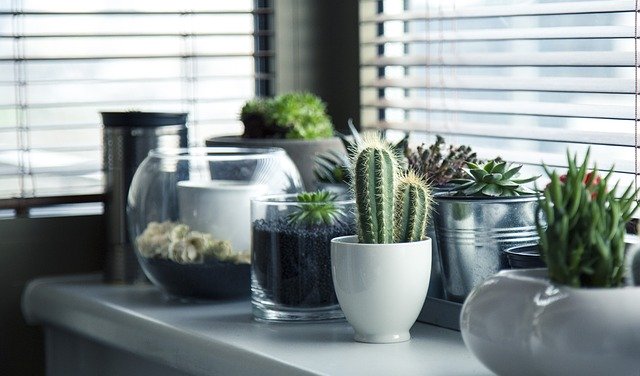by Sue Wilson, MA, ATC/L, PES, CHHC
One chemical element is essential to the functioning of the human body. Oxygen is a colorless, odorless reactive gas, atomic number 8 — and is life supporting. Perhaps the most critical thing about oxygen is that it is life supporting. Every cell in the human body needs oxygen at some point to survive. When oxygen is depleted in the body due to an illness or injury, the body’s cellular structure starts to adapt its functioning, resulting in lasting signs and symptoms.
Oxygen forms about 20 percent of the earth’s atmosphere and is the most abundant element in the earth’s crust. According to the Environmental Protection Agency, Americans spend an estimated 90 percent of their time indoors. This becomes especially true if people are struggling with noise and light sensitivity, fear of falling, and also emotional instability, all caused by a TBI.
More disturbing is the fact that the air inside of office buildings, homes, schools, and apartment complexes can contain 10 times more pollution than outdoor air. This is a consequence of toxic emissions from building materials, airborne mold, viruses, toxic cleaning supplies, chemically induced lawn care, and poor filtered water.
The brain needs new and fresh oxygen to help repair the body’s cellular structure and improve daily functions. After a TBI, the damage in the brain creates a lower oxygen profile that can present itself as poor memory, decrease cognitive function, and emotions such as rage, anger, sadness, anxiety and depression. The body can feel constant headaches, triggers for migraines and the inability to think as fast as it once could.
Many of the signs and symptoms listed above can create an enormous amount of stress on the survivor or caregiver. Stress management is a critical component in the overall healing of the body because a significant amount of stress on the body creates chaos. Stress is felt in every organ of the body, every blood vessel that must constrict and dilate, and every cell that must balance minerals and vitamins.
One simple and inexpensive way to help calm the brain to better manage stress in the body is to purchase some indoor plants. Certain plants can powerfully help oxygenate the air inside your home, and the body can pull the oxygen into the cells. The more fresh and powerful oxygen we have in our cells, the more effectively our body can handle stress and eliminate the bad and absorb the good.
The world’s largest oxygenating plant is called the Snake Plant, also known as Mother-In-Law’s Tongue (very interesting if you are married!!). The snake plant can convert a lot of CO2 (carbon dioxide) to good healthy O2 (oxygen) at night while we sleep. The more oxygen our body can pull into its cells while we sleep, the better quality of sleep we will receive. Sleep is also a critical component to stress management. For best results with a snake plant, place it in the bedroom.
The Boston Fern (Nephrolepis exaltata) is a wonderful indoor plant to help decrease stress because it helps neutralize the harmful chemicals in the air that create stress in the body. The Boston Fern removes formaldehyde, xylene, and toluene from the air and thrives in moderate, indirect sunlight and can handle high humidity. This plant is great for hanging in a basket or planter on a top bookshelf in an office or living room.
Pothos (Epipremnum aureum) removes toxic chemicals from our air like benzene, formaldehyde, xylene and toluene. It thrives in moderate-to-low indirect sunlight so perfect for the basement bedrooms and has also been named the “cubicle plant” for its ability to grow in less-than-ideal environments. A great choice for those who need more brain oxygen—and tend to kill most plants.
Last, but not least, the Peace Lily (Spathiphyllum ‘Mauna Loa’) removes all the above toxins from the air and thrives on moderate-to-low indirect sunlight. It is identifiable by its beautiful signature dark green leaves and while “flowers” that are called leaf bracts.
Do some of your own research on powerful oxygenating indoor plants. Pick out the plant that you like best and purchase one for your home, office, basement, or bedroom today. After researching and writing this piece, I think I will be buying a plant for each of my daughter’s bedrooms to help promote restful and dreamy sleep.
High-quality, restful sleep will produce a stronger sense of stress management.
Sue Wilson received her master’s degree in Exercise Physiology from Minnesota State University, Mankato. She is a Certified Holistic Health Coach, a Certified Athletic Trainer, and a loving mother of two. She’s on the board of directors for CTE Hope, and is dedicated to helping improve the lives of those who have been affected by concussion and brain injury.




















